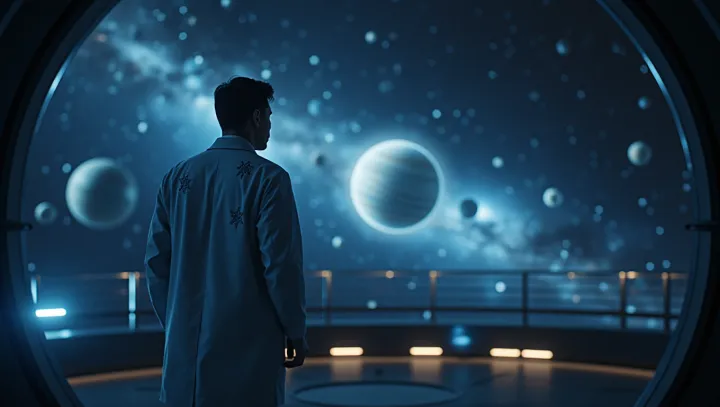Unveiling The Ideas of the Scientific Revolution

The Scientific Revolution was a transformative epoch that redefined humanity's understanding of the universe. Originating in Europe, it marked a paradigm shift from medieval notions to a new age of scientific inquiry. Central to this revolution were figures such as Nicolaus Copernicus and Galileo Galilei.
Copernicus introduced the heliocentric theory, positing that the sun, not the Earth, was the center of the universe. This challenged the Ptolemaic geocentric view, which was long held by the Church. Galileo, with his improvements to the telescope, directly observed celestial bodies, providing empirical evidence for Copernicus's theories.
His discoveries of moons orbiting Jupiter and phases of Venus further contested established doctrines. This period also saw advances in understanding planets, driven by curiosity about their composition and movements. Such inquiries laid the groundwork for modern astronomy and expanded the human perspective beyond Earth-centric narratives.
Experts suggest that the Scientific Revolution's impact extends beyond science; it fostered critical thinking and encouraged questioning of authority, principles that continue to underpin modern scientific methods and intellectual discourse.
